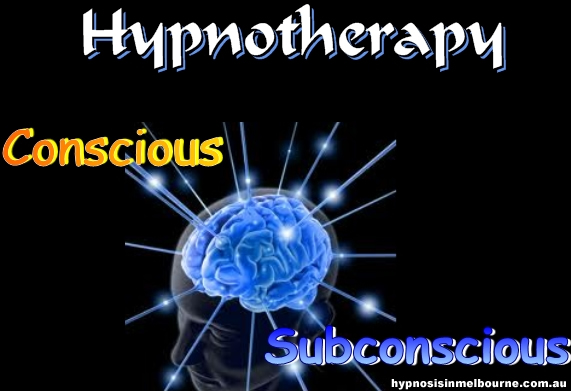Research backs an unconventional remedy for IBS: Hypnosis
New research indicates that hypnosis may be effective at mitigating stubborn cases of “irritable bowel syndrome,” a catch-all phrase used to describe moderate to severe abdominal pain that doesn’t seem to be caused by something specific.
Several studies since the 1980s have linked “gut-directed” hypnosis to an easing of symptoms in some patients with IBS when other standard treatment has failed, according to HealthNews.com.
The latest study, the results of which were published in the American Journal of Gastroenterology, is different from earlier studies in that patients were treated by therapists in their own communities instead of by practitioners at highly specialized medical institutions.
Therefore, researchers said, the findings provide a better idea of how hypnosis might be effective for IBS in the “real world.”
Noticeable improvements in some IBS patients receiving hypnosis
In a pair of studies, scientists randomly assigned 138 patients with IBS that did not respond to traditional treatments to either 12 sessions of hypnosis or to a “control” group.
One study, which involved 90 patients, saw 38 percent of hypnosis patients responded to their treatment after three months, meaning symptom “scores” had fallen by at least 25 percent. That compared with just 11 percent of patients in the control group, who were only given advice on diet and relaxation techniques as their treatment.
In the second study involving 48 patients, a quarter of the hypnosis group responded to treatment, while just 13 percent of the control group responded. That difference, said researchers, was not statistically significant, meaning the results could have been due to chance. Still, hypnosis patients did have a larger average drop in symptoms of bloating and pain.
IBS patients suffer from repeated bouts of abdominal cramps and bloating, and alternate between constipation and diarrhea. Regular treatment includes changes in their diets, anti-diarrheal medications and laxatives or fiber supplements for constipation.
Olafur S. Palsson, an associate professor of medicine at the University of North Carolina at Chapel Hill, said that for many patients that is enough to bring relief. But for those with IBS that is unresponsive to such standard treatment, psychological therapy – namely hypnosis – has proven to be effective in clinical trials.
“This study shows that hypnosis can work in ‘real life,’ in the community setting, and not only the specialized research setting,” said Palsson, who was not involved in the current study but who researches and uses hypnosis therapy in treating IBS.
Still, the benefits in the most recent study were not as good as those seen in some of the past studies, where as many as 80 percent of patients saw significant improvements in their IBS symptoms after hypnosis therapy.
Finding a therapist might be tough
“The current pair of studies took two approaches: in one, hypnosis patients saw psychologists in private practice who were experienced in hypnotherapy; in the second, hypnosis patients saw one psychologist at a gastroenterology outpatient clinic,” HealthNews.com reported.
Dr. Magnus Simren of the University of Gothenburg in Sweden said it is possible that the best way to receive hypnosis therapy for IBS is as part of an “optimized management” plan in conjunction with traditional medical care.
The problem, he adds, is finding enough hypnosis therapists. Simen told Reuters Health in an email that IBS-directed therapy is not widely available in the U.S. and elsewhere. Because of that, at least in part, it is generally only used for patients with the worst cases of IBS that don’t respond to traditional therapy.
Palsson says it makes sense to try standard treatment like dietary adjustments and laxatives first, but if patients don’t respond to such therapies within a few months it might behoove doctors to prescribe some psychological intervention if they exist near where the patient lives.
No one understands exactly why hypnotherapy works for some patients stricken with IBS, Palsson says, but it is thought that hypnosis “might change pain sensitivity in the intestines,” HealthNews.com reported.




